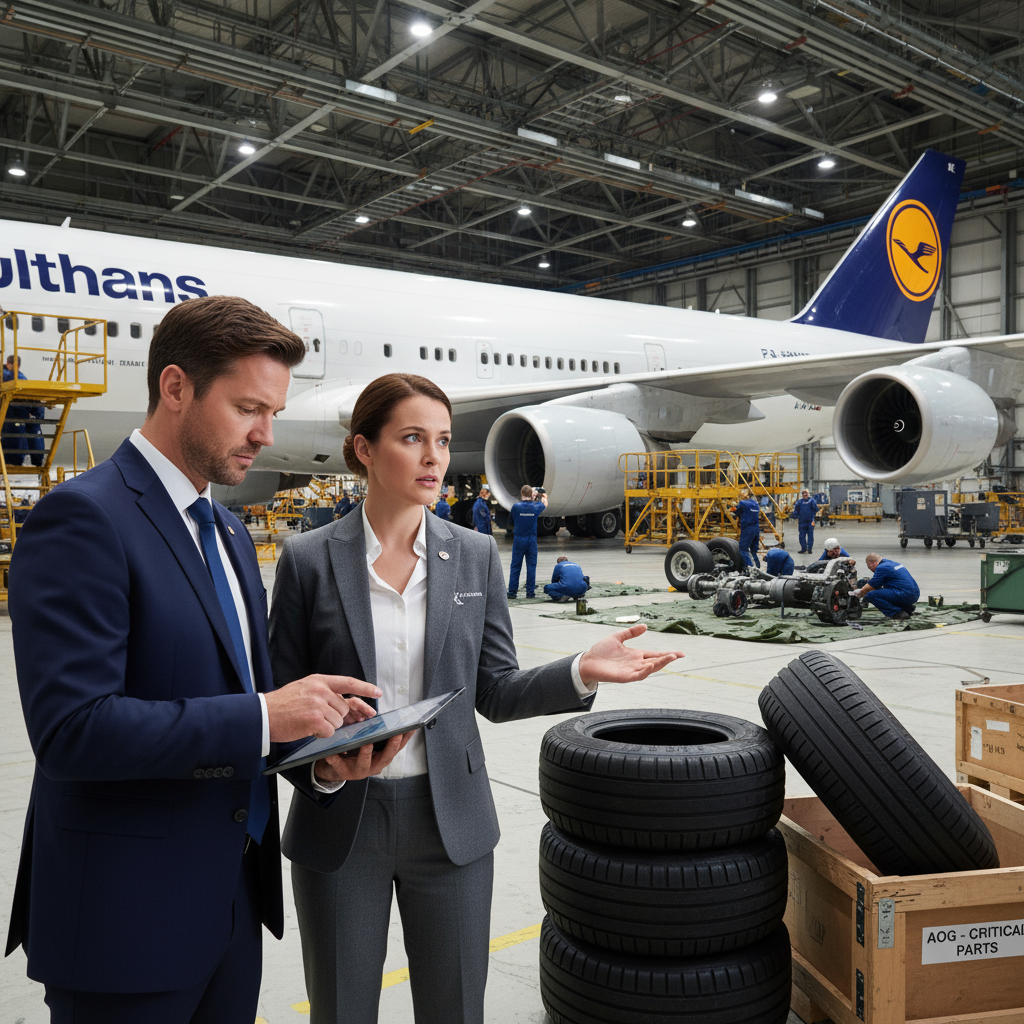Physical Address
304 North Cardinal St.
Dorchester Center, MA 02124
Physical Address
304 North Cardinal St.
Dorchester Center, MA 02124
Global aviation news tracker
Global aviation news tracker

New analysis warns airline supply chain disruptions could tack on roughly $11.3 billion to global airline costs in 2025.
The joint IATA (International Air Transport Association) and Oliver Wyman study finds a record backlog of more than 17,000 aircraft waiting for parts or heavy maintenance, with average lead times approaching seven years. Those delays are forcing carriers—particularly Western operators—to keep older aircraft flying longer and to endure maintenance cycles that are both slower and costlier.
Engine shop visits are stretching out, with overhaul times reported up to 120 days, limiting fleet availability and increasing cash outlays for temporary spares and lease coverage. The report estimates those combined pressures will add approximately $11.3 billion to airline costs in 2025, reducing airlines’ ability to scale capacity when demand spikes.
Beyond the headline figure, the study highlights operational impacts: longer A-checks and C-checks as parts queues grow, fewer available exchange engines, and constrained MRO (maintenance, repair and overhaul) capacity. Western carriers face disproportionate maintenance expense increases because they operate older fleets and rely heavily on outsourced repair chains.
To stabilise the system the report recommends immediate steps including deeper collaboration across airlines, less siloed parts forecasting, expanded repair-shop capacity and accelerated adoption of predictive maintenance analytics. Predictive maintenance can shorten unscheduled shop visits by prioritising components approaching failure and by enabling condition-based swaps.
For passengers and revenue managers this matters: constrained fleets can mean fewer frequencies, slower recovery of network schedules and upward pressure on fares. For airlines, the choice is costly—invest in long-term repair capacity, share resources across alliances, or accept higher short-term operating costs into 2025.
While the report focuses on supply-side fixes, it also urges policymakers to support investments in global MRO infrastructure and training, noting that scaling human and technical capacity is essential to reducing lead times and bringing down the projected $11.3 billion hit.